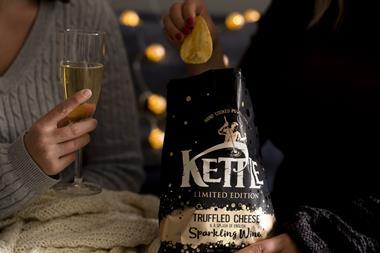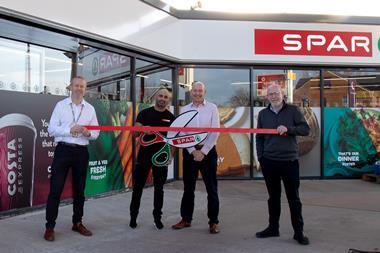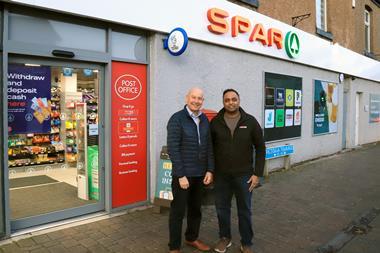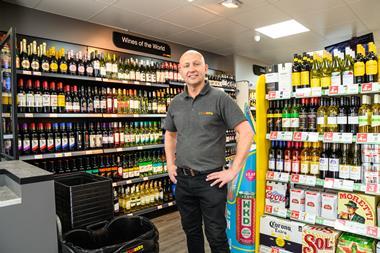Student special: The Village Store, University of Sheffield

Those attending Sheffield university can rest easy in the knowledge their campus c-store manager Rachel Fletcher knows exactly what students want.
ALREADY HAVE A REGISTERED USER ACCOUNT? PLEASE LOG IN HERE
To read the full story join the ConvenienceStore.co.uk community today!
Registration is quick and easy and provides access to:
- Unlimited ConvenienceStore.co.uk articles
- Our great range of newsletters
- Content you’ve saved for later via the ‘my library’ feature
And much more…



























